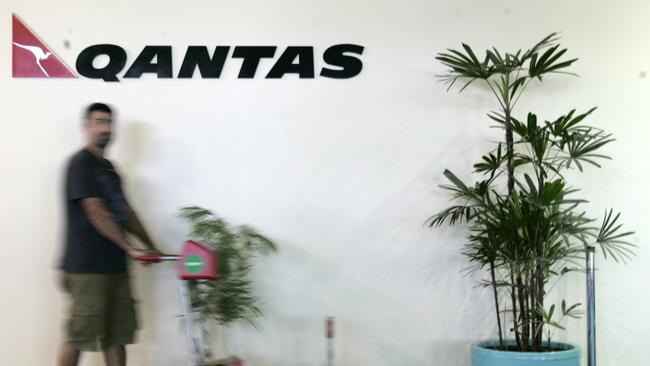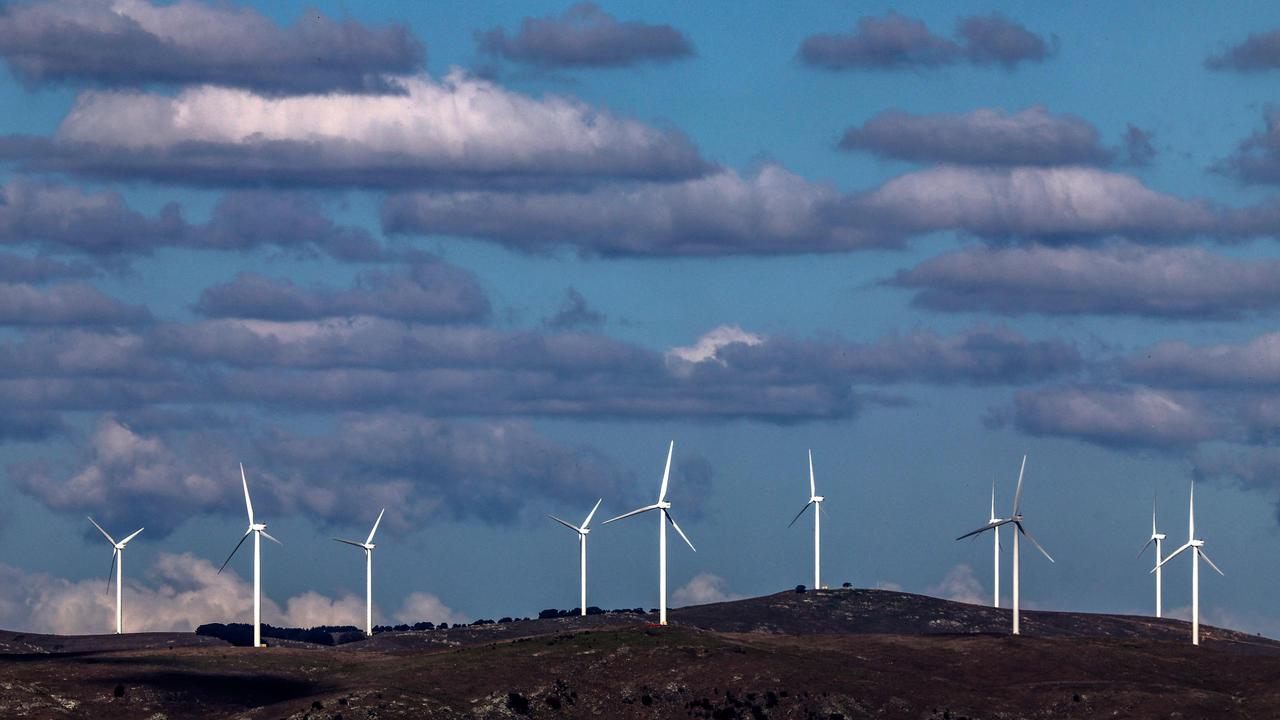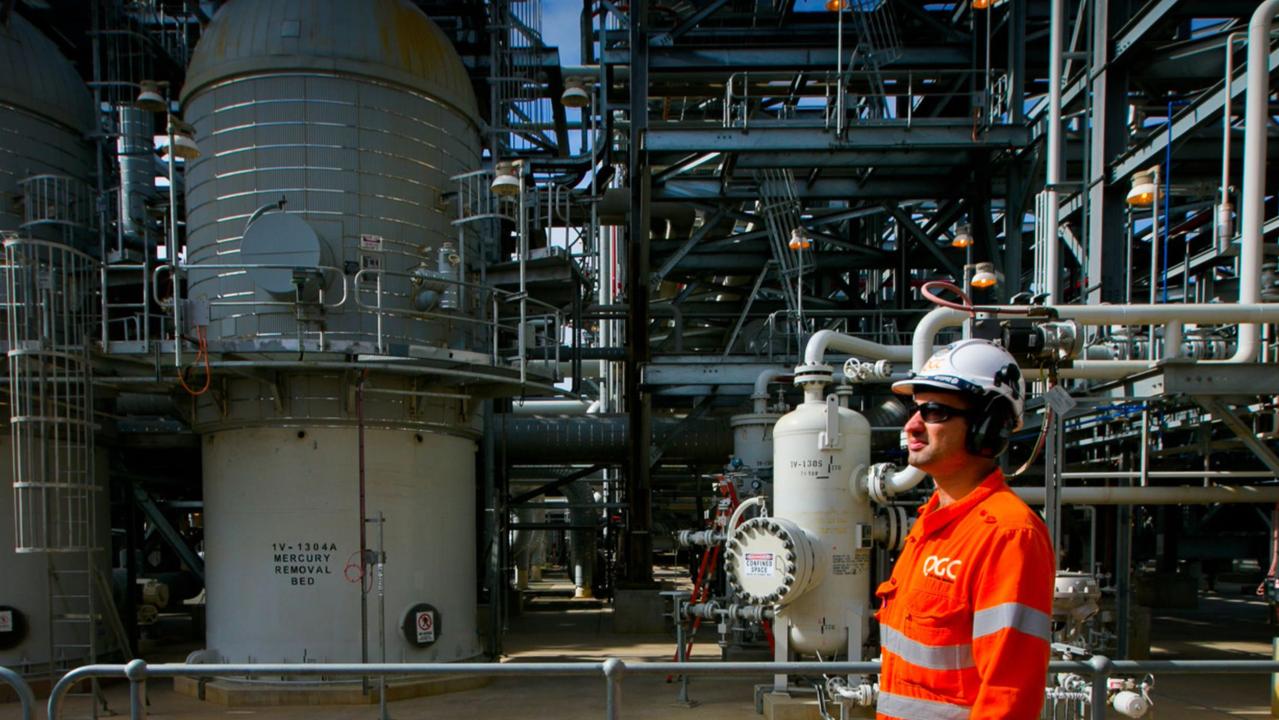Big project developers back carbon market review

The KKR and Ontario Teachers-controlled Green Collar and Adamantem-backed Climate Friendly, the market’s two biggest project developers, have backed the review for the obvious reason – their livelihood depends on market integrity, and after 10 years a review is warranted.
Opposition environment spokesman Chris Bowen told a Carbon Market Institute (CMI) seminar on Friday his independent review would be short, and when acted on, the government would get out of the market’s way.
This is in stark contrast to the government, which makes frequent market interventions for sometimes party-political motives – like Friday’s confirmation of the veto power for the Agriculture Minister if carbon farming initiatives covered more than 500,000 hectares or one-third of a farm.
The aim is to ensure carbon farming doesn’t replace basic methods like growing wheat and sheep, but it is more red tape and conflicts with another welcome recent change to allow farmers to incorporate carbon farming proceeds with other crops, which can be averaged over seven years to offset the impact of climate changes on output.
In early March the government also intervened for apparent political reasons and single-handedly slashed the price of Australian Carbon Credit Units (ACCU) by 25 per cent, opening the door to participants paying the agreed penalty and then reselling their units on the open market.
The big winner was the holder of most of the historical fixed contracts, the aforementioned Green Collar and its farmer clients.
The short-term hit aside, longer term the change is beneficial because it marks the withdrawal of the government from the market. The criticism is more about the way the change was made: it seems there were demands from some farmers to get access to carbon credit prices in the voluntary market of more $50 a unit, compared to the $12 they were earning.
Frequent government interventions also destroy market confidence.
Energy Minister Angus Taylor strongly backed the offsets market in his CMI address and rejected criticisms from former regulator Professor Andrew Macintosh.
Given his welcome and overdue support for the market, Taylor seemingly doesn’t support the independent review.
The Clean Energy Regulator will auction more carbon credit units next week, with one unit equal to a tonne of carbon abated.
The carbon is abated through a variety of methods approved by the Emissions Reduction Assurance Committee (ERAC).
The methods include one of Taylor’s favourites, soil carbon, savannah burning, avoided deforestation and human-induced regeneration (more planting, clearing feral animals and more frequent rotations to protect ground cover, etc).
A key difference between the government and opposition is in Bowen’s promise to take a more hands-on stance on the safeguards policy, which requires big emitters to cut emissions or offset them by buying offsets through the ACCU market.
In his address to the CMI, Taylor branded the policy as equivalent to a carbon tax.
Given all big companies are required to detail carbon emissions to the market and carbon prices are factored into decisions on future projects, the tax link is tenuous at best.
The reality is putting a price on carbon is the best way to reduce emissions, as is acknowledged by the government’s well-run ACCU market.
Taylor backs the one leg of the policy – the ACCU offsets market – but not the important second leg, the safeguard program to force reductions in emissions.
Despite some recent attacks on the market, Taylor’s support for the offsets program is both important and well founded, as shown by the commitment of the big end town in the form of recent projects unveiled by ANZ, Qantas and Inpex.
They will work with WA wheat farmers growing mallee trees, which generate carbon credits and also biofuel for Qantas.
We don’t have the technology to install solar panels on plane wings, so companies like Qantas need offsets to reduce emissions.
Wealthy individuals are also backing plans by Oliver Yates’ Sentient and Nigel Sharp’s Tiverton in buying land near national parks near Albany in WA to grow vegetation corridors to boost biodiversity and create carbon credits.
While stones are being thrown from all sides, the reality is Australia needs a credible offsets policy to meet its international obligations, just as former environment minister Robert Hill needed avoided deforestation to meet his Kyoto protocol back in 2005.
No one has considered what might happen if Australia’s credits for carbon abatement are declared invalid because they are a “sham” and what that would do to its Glasgow, Paris and historical obligations. Would the old credits be added back as emissions?
The credibility hit came from ANU Professor Andrew Macintosh, who said 80 per cent of the units issued were a sham.
“What is occurring is a fraud on the environment, a fraud on taxpayers and a fraud on unwitting private buyers of ACCUs, including private households who purchase ACCUs to offset their emissions,” he said. This was a surprising outburst given Macintosh was the head of the independent ERAC, which approves the 39 methods by which carbon credits can be issued.
Before taking a role on a bushfire royal commission two years ago, Macintosh effectively cleared the projects he now calls a sham.
Until recently he also advised Agriculture Minister David Littleproud on a new carbon method aimed at combining carbon and biodiversity.
Macintosh and ERAC have been debating for the year or so on the human-induced regeneration method and the one covering avoided deforestation.
Next month ERAC will issue its formal response on the HIR method. Judging from its draft it will reject Macintosh’s claims, as it already has on the deforestation issue.
As is usual with any nascent market, there is room to debate the rules, which centre on how to draw a baseline to measure the carbon and how to prove additionality – which is to say, would the method have been implemented if it wasn’t for the carbon credits.
If there was no plan to chop down the forest, by way of example, why does the farmer earn credits for not clearing it?
The issue is mirrored globally, and while there may be loose edges in the Australian policy, its governance arrangements are world class.
This explains the industry’s bemusement at the Macintosh outburst and questions over just why the lawyer with close links to the Australia Institute went on television with his claims.
Some say he was upset at not being reinstated on ERAC after carbon capture and storage backer David Byers was appointed in his place.
The allegations include that plans to clear forests were filed just a day before applying to the Energy Regulator to seek a credit for not clearing the land.
The government has scheduled a review of the use of international credits in the market by the Grant King-chaired Climate Change Authority, which is due to start in June.
Depending on what happens in the election, this review may be replaced by the “short sharp” Bowen inquiry into the offsets program.



Key carbon market players have backed federal opposition plans to review the operation of the 10-year-old carbon credit market to ensure its integrity and sustainability.